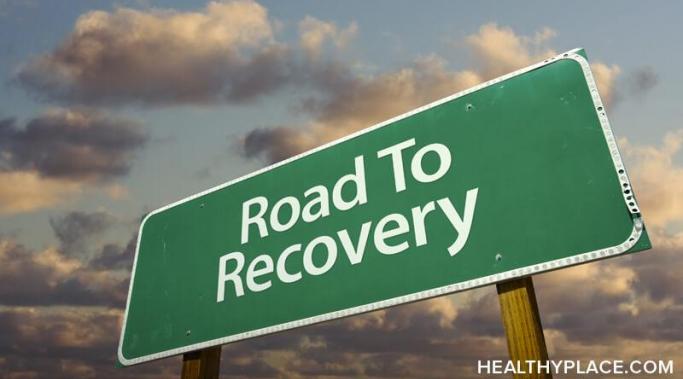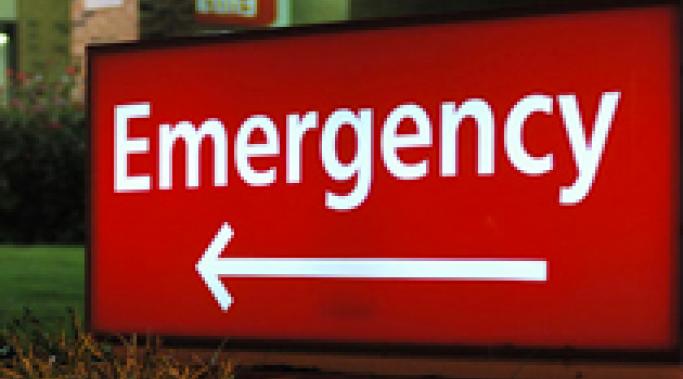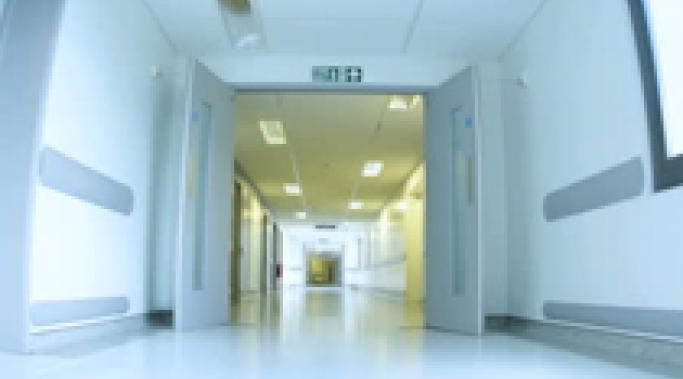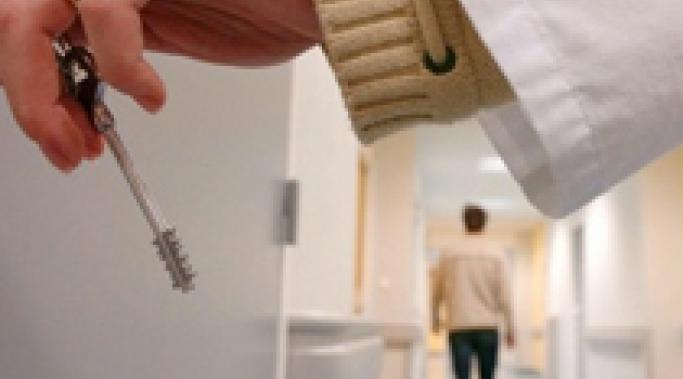For the past 10 years, mental illness medications have been an integral part of my recovery from schizoaffective disorder. Finding the right psychiatric medications and dosage was difficult at first. My medications now are very effective, but still occasionally need adjustment. I know the life I live now would never be possible without mental illness medications.
Medication and Treatment
I started antipsychotic medication in my 20s as in my late teens and early 20s, my life was consumed by psychotic symptoms; it was isolating and scary. I suffered from auditory and visual hallucinations. I didn’t even know I was sick, but when I was eventually diagnosed with schizoaffective disorder, it came as a relief. Knowing it was an illness made it less frightening, and taking medication was life-changing. I was free and ready to pursue my dreams. Here’s a look at my life before and after starting antipsychotic medication.
Taking on motherhood with a mental illness makes starting a family difficult. I had been diagnosed with schizoaffective disorder and bulimia in my early 20s, 10 years prior to giving birth to our daughter (Mothering With an Invisible Mental Illness). My husband and I always wanted children so we decided to take a chance. Here’s our story of entering motherhood with mental illness.
I’m Megan Rahm and I’m a new co-author for the blog Recovering from Mental Illness. I live in Toledo, Ohio with my husband and 14-month-old daughter. I have struggled with mental health symptoms most of my life, and in my early 20s I was diagnosed with bulimia and schizoaffective disorder.
Have you ever thought about the power of psychiatric medications to save lives? In the past few days, I was let go from one of my jobs and one of my pet rats died unexpectedly. This would be a stressful situation for anyone, but a few years ago this would have had me drunk and suicidal. But, thanks to the power of psychiatric medications, I'm sober and safe. I can deal with life's curveballs--something I couldn't do off my medications.
I've been thinking about caring for your mental health white traveling as I'm writing this on a train, traveling from Montreal to New York City as part of a vacation. While travel within the country is much simpler than travel out of the country, the following vacation tips are good advice for caring for your mental health while traveling.
Sometimes the emergency room becomes a mental health ward. Frequently there are no beds available in psychiatric hospitals so the emergency room is the one place a mental health consumer can be kept relatively safe and under supervision. This has happened to me a few times, and it's such a problem that USA Today mentioned it in an article series.1 But this is ineffective at best and makes things worse at worst. Here is why using emergency rooms as mental health wards doesn't work.
There are three myths about hospitalization that keep people from seeking mental illness treatment when they need it most (Facts About Psychiatric Hospitalization). When I first started having symptoms, I believed all three myths. They kept me from seeking psychiatric treatment for about two years. Ironically, if I'd sought treatment when I first started having symptoms, I might have avoided the first hospitalization. Here are the three myths about hospitalization that keep people from seeking mental illness treatment.
There are many myths about involuntary treatment for mental illness (The Realities of Involuntary Treatment). Involuntary treatment is extremely controversial, and that's an understatement along the lines of saying, "The Arctic is kind of chilly." Part of the reason it's so controversial is because we rarely do it for other illnesses. We prefer to let people "die with their rights." While I'm hesitant to recommend involuntary treatment become standard operating procedure, I can discuss three myths about involuntary treatment.
Because of my youth, I wonder whether mental health screenings should be done in schools. Much of my childhood was spent being shuttled from doctor to doctor in an effort to figure out what was wrong with me (Why Can Mental Illness Be So Hard to Diagnose?). Everyone agreed there was some kind of mental health condition, but no one could decide on a treatment. So most of my childhood was spent depressed with occasional bouts of psychosis. This led me to ask, "Should mental health screenings be done in schools, just as vision and scoliosis screenings are?"









